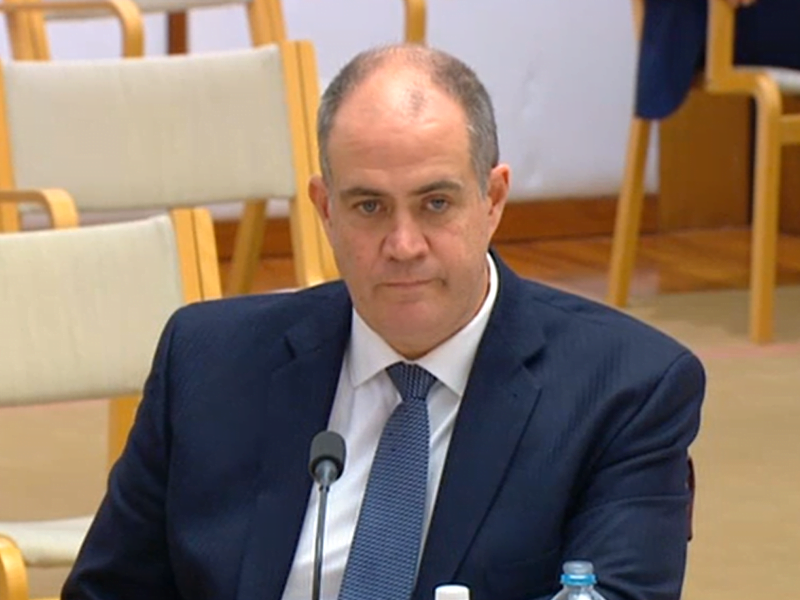The ABC will use the revenue it now receives from Facebook and Google to fund its planned increases in regional and outer suburban reporting.
The public broadcaster’s managing director David Anderson told a Senate Estimates hearing on Tuesday night that a recent government “increase in funding” announcement for the ABC refers to indexation and the extension of a program which has already been running for nearly a decade, and the ABC will remain more than $40 million worse off because of the previous freeze.

But thanks to revenue-sharing deals the ABC signed with Google and Facebook late last year, the broadcaster has committed to more than 50 additonal journalists in regional locations.
The digital giants are obligated to support the public broadcaster and commercial ones because of a News Media Bargaining Code which came into effect a year ago. Failure to do so could see Google or Facebook designated by the Treasurer for potential forced arbitration with news outlets.
Mr Anderson said the new revenue source would allow the public broadcaster to add to the 550 people it currently employs in rural and regional Australia.
Job listings were posted in December last year for 50 positions and the ABC received over 500 applications. Around 40 per cent of those positions have now been filled by a mix of experienced and new journalists.
“We now have people where we previously didn’t have people before. Some current bureaus will be bolstered. There are three new locations that we’ll be having people…We’ve also been buying equipment to go with that,” Mr Anderson told Senate Estimates.
The ABC boss confirmed the expansion of regional coverage “wouldn’t be happening” without the Facebook and Google agreements.
Mr Anderson also said he welcomed the “certainty” of the restoration of indexation over the next three years and the continuation of the Enhanced News Gathering (ENG) program, but would prefer five-year terms and the long running program made permanent.
Communications minister Paul Fletcher last week announced an “increase in funding” for the ABC and SBS for the next three years.
The changes refer to the unfreezing of indexation introduced by the Turnbull government in 2018 and continued annual funding of around $15 million annually for the ABC’s ENG and $1 million annually for audio descriptions for blind and vision impaired viewers, which has existed since 2020.
The news gathering program has been running for nine years and currently employs 69 people around Australia to work on local news that other organisations no longer provide.
“We can’t make up for the [other media] presence that is leaving, but we’re certainly remaining where we are and continuing to invest the way we do,” Mr Anderson said.
The ABC would like the ENG to be included in base funding, but the government’s commitment to fund it for another three years at least means the public broadcaster won’t have to divert its new revenue from Google and Facebook.
“Had we not had the extension of ENG funding, I think we would have had a whole of ABC problem of relatively $15 million a year that we would have had to deal with. And I think that commercial revenue that’s coming in that we’re putting into regional rural Australia would have been at risk to where we want to spend it,” Mr Anderson said.
“So what it means is we can go about the priorities as we’d set them [already].”
Mr Anderson welcomed the unfreezing of indexation for at least three years, saying it gave the broadcaster some much needed certainty. But the previous freeze meant the ABC had to make cuts over several years and was equal to a budget reduction of more than $41 million annually, according to the ABC.
Mr Anderson also confirmed the ABC will push ahead with mandatory logins for its video on demand iview service within weeks, despite concerns from privacy advocates.
Do you know more? Contact James Riley via Email.

